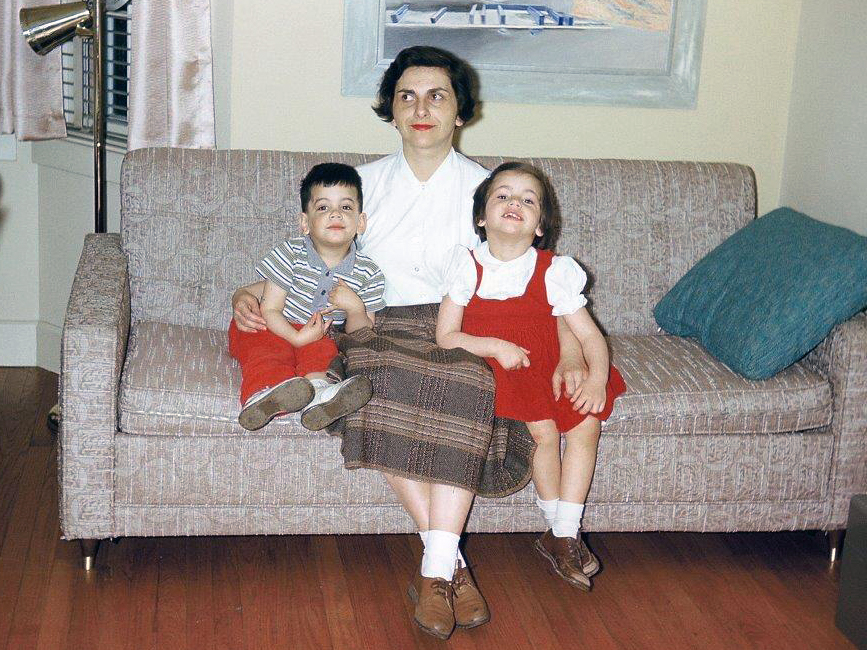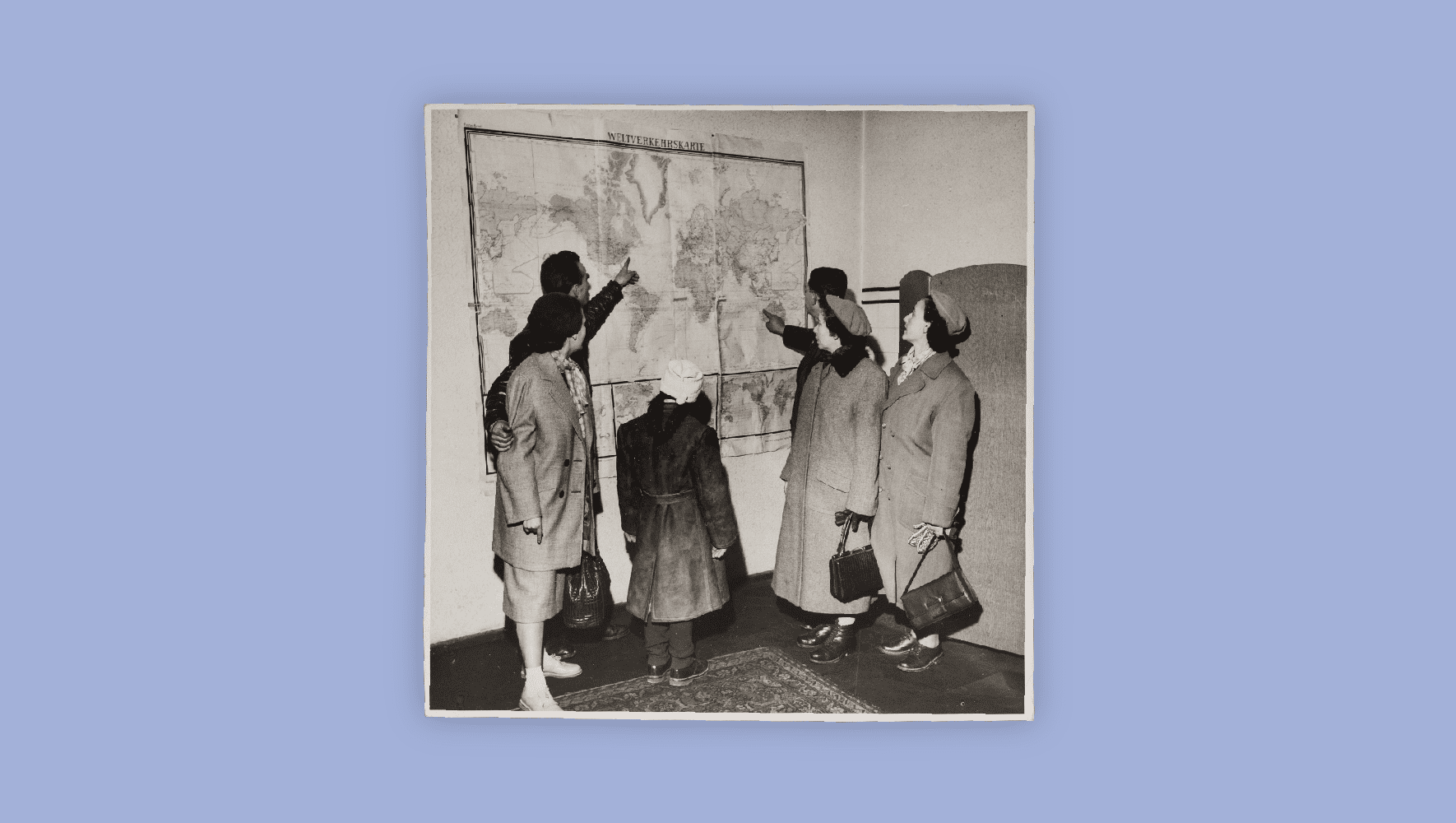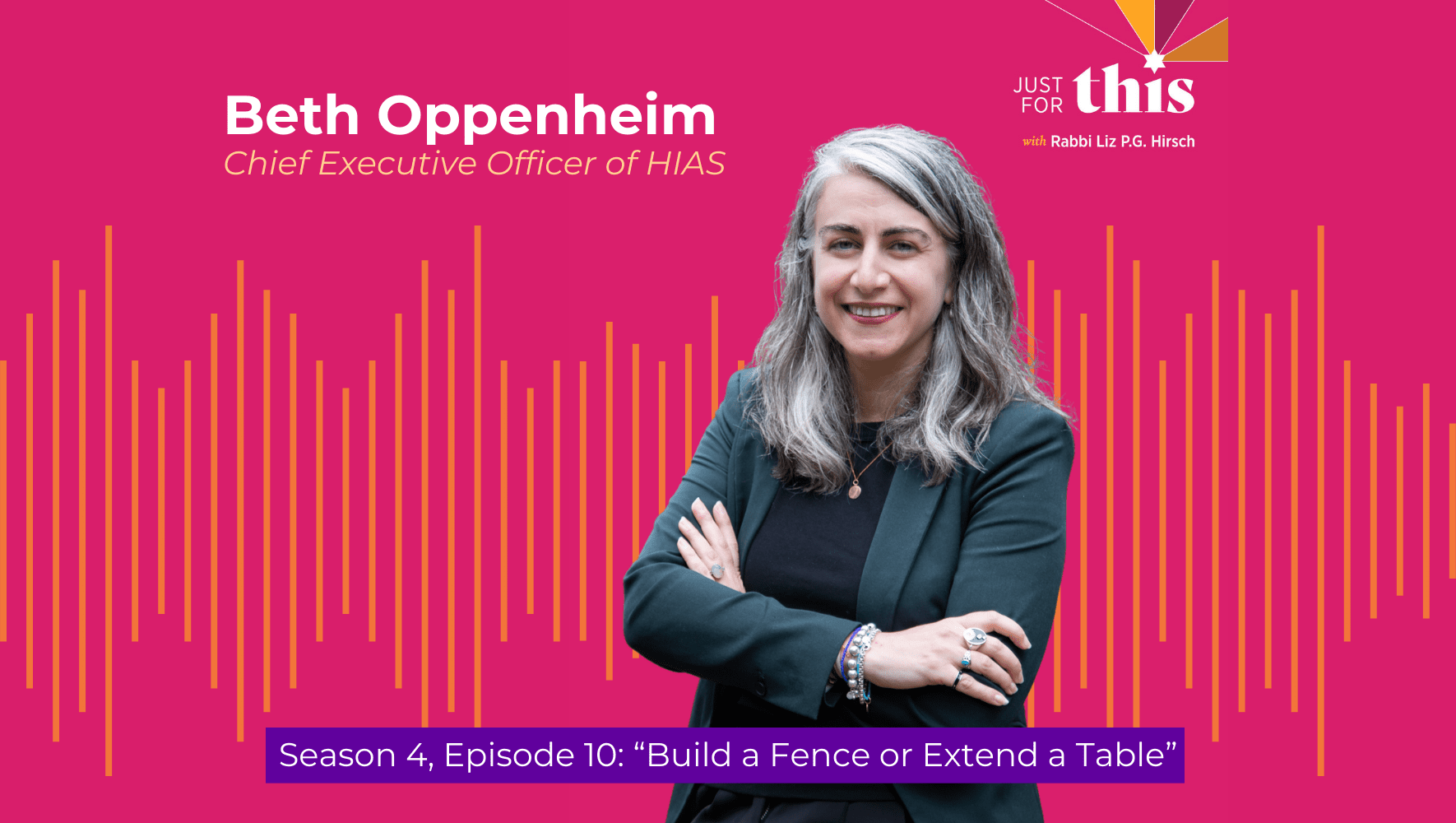The Sister I Never Had Is A Syrian Refugee
By Karen Green, Guest Contributor
Jul 12, 2017

Karen Green (R) at home with her Mother and her brother Paul, 1962.
(Photo courtesy of Karen Green)
My mother and her parents fled Vienna in 1939. When I finally saw her apartment, just two years ago, I instantly understood the choices my grandparents made for their only child.
My mother’s early life was reminiscent of the movie, “The Woman in Gold.” The daughter of a doctor, the apartment on the Ringstrasse, more an affluent Austrian than a Jew—that was the life of Maria Charlotte Roder. My mother and her parents lived just two blocks from the enormous Stadtpark, around the corner from Beethoven Platz and the prestigious Akademisches Gymnasium high school from which Franz Schubert and Schrodinger (of the famous cat) graduated, and where my mother was destined to go.
From behind curtains in that comfortable apartment on Vienna’s grand boulevard, nine year-old Maria peered through the window as Hitler’s motorcade drove by, welcomed by throngs of adoring Austrians on his way to make that historic speech from the balcony of nearby Hofburg Palace. My grandparents knew time was running out.
They fled to Switzerland, where the three subsisted on three rolls and six ounces of ham per day. Famished, they moved on to a farm shed in France and then to the relative luxury of an old people’s home in Bordeaux where my grandfather was the doctor and my mother, who could not enroll in school, studied piano instead.
Finally, a year later, with support from a sponsor and from HIAS, they arrived in the United States.
At 55, my grandfather, despite his excellent English, never succeeded in rebuilding a medical practice. On welfare, my mother’s view outside the roach-infested apartment was not the splendor of Vienna, but streetwalkers.
Nevertheless, Marie Roder Green persisted, earning a PhD in biochemistry and enjoying a long career; fulfilling her parents’—and every refugee’s—dream that life will be better for their children.
“How are you doing?” I asked Fatima.
She began to weep saying, “I miss my sisters for this.” She had fled war, lived through the murder of her husband’s brother who, shot and mortally wounded, fell dead atop his eight year old daughter. Fatima and her family lived four years as refugees in Jordan in apartments with no heat, not permitted to work. Finally they migrated to a new country. With all that, she still had the emotional reserves to deeply feel her children’s passing pain.
We joined hands, “I don’t have a sister,” I told her, “would you be my sister?”
So we became sisters—the sister I never had growing up in a family of men.
Over time, we’ve gotten to know each other well. I helped Fatima navigate various bureaucratic chores, such as correcting immigration forms. We’ve gone shopping countless times, and even visited the White House so the family could take a photo and show that they’ve made it to America!
And, welcomed to the sisterhood, I’ve come to enjoy the rich home life that she and her three daughters create. The hijabs and floor length gowns come off in favor of leggings, spaghetti straps and makeup. We cook, chat and plan for the future.
Fatima got her driver’s license last month. Her eldest daughter plans on college.
Just like my mother, she dreams of science.
Karen Green is a Maryland-based consultant who works with nonprofit boards in the Jewish world including synagogues, historical societies and family foundations to improve organizational governance. She serves on the national boards of HIAS and Art & Remembrance.
*Name has been changed to protect privacy.



